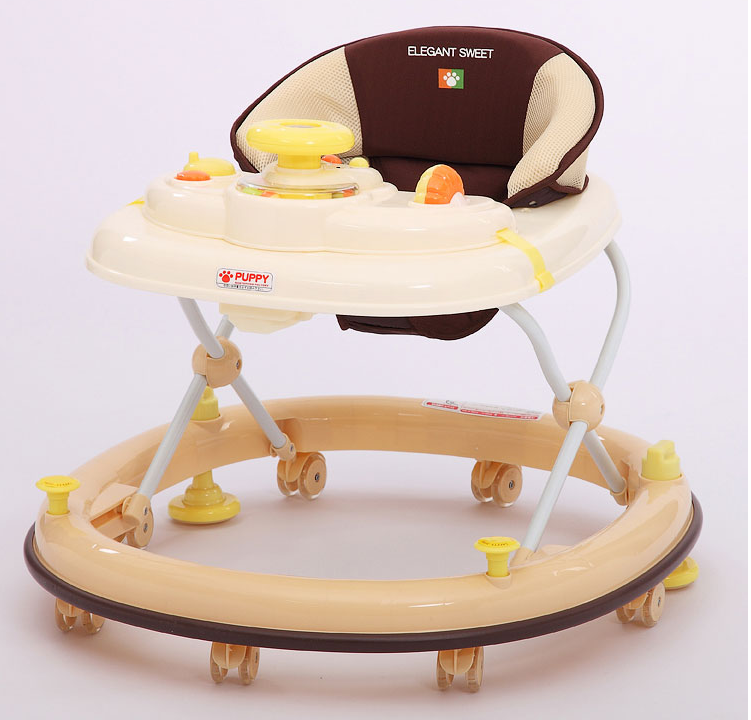
Title: Baby Walkers: Promote Mobility and Independence
Baby walkers are valuable tools that support mobility and independence for children who may need assistance walking or maintaining balance. Whether related to developmental delays, injuries or disabilities, walkers play a critical role in helping children explore their environment, engage in active activities and participate in daily life with greater confidence and autonomy. In this article, we'll look at the benefits of baby walkers and how they promote mobility and independence.
-
Increased mobility:
- Baby walkers provide extra support and stability, allowing children to move more freely and independently.
- With the help of walkers, children can move indoors and outdoors with greater ease, reaching places that might be difficult or inaccessible without assistance.
-
Improved balance and coordination:
- Walkers help children develop balance and coordination by providing stable support while walking.
- By gradually building their strength and coordination, children can improve their walking skills and gain confidence in their ability to move independently.
-
Encourages physical activity:
- Walkers encourage physical activity and active play by allowing children to explore their environment and engage in a variety of activities while standing and walking.
- Children can enjoy playing with toys, socializing with peers, and participating in games and exercises while using a walker, promoting physical development and overall well-being.
-
Promotes independence:
- Walkers allow children to participate in daily activities with greater independence.
- With the help of walkers, children can perform tasks such as getting dressed, brushing teeth, and playing with toys more independently, developing a sense of accomplishment and self-confidence.
-
Supports social interaction:
- Walkers facilitate social interaction and peer engagement by allowing children to move around and interact with their environment and others.
- Children can join their peers in group activities, playdates and social events using walkers, promoting socialization and inclusion.
-
Custom support:
- Baby walkers come in a variety of styles and configurations to suit the individual needs and preferences of children with varying abilities and mobility challenges.
- Adjustable height settings, support harnesses, and special features like grab bars and seats allow caregivers to customize the walker to suit a child's unique needs.
-
Helps in rehabilitation:
- Walkers play a vital role in rehabilitation and therapy programs for children recovering from injuries, surgeries or illnesses that affect mobility.
- Physiotherapists often include walkers in treatment plans to help children regain strength, coordination, and confidence in walking and mobility.
-
Security and stability:
- Walkers provide a safe and stable support system for children, reducing the risk of falls and injuries while promoting safe exploration and mobility.
- Features such as locking brakes, non-slip handles and durable construction ensure that children can use the walker safely.
In conclusion, walkers for children are an invaluable tool for promoting mobility, independence and confidence in children with limited mobility. Providing support, stability and encouragement, walkers allow children to explore their environment, engage in active activities and participate in daily life with greater freedom and autonomy. With the help of walkers, children can overcome obstacles, reach their full potential, and enjoy a more active and fulfilling childhood.






